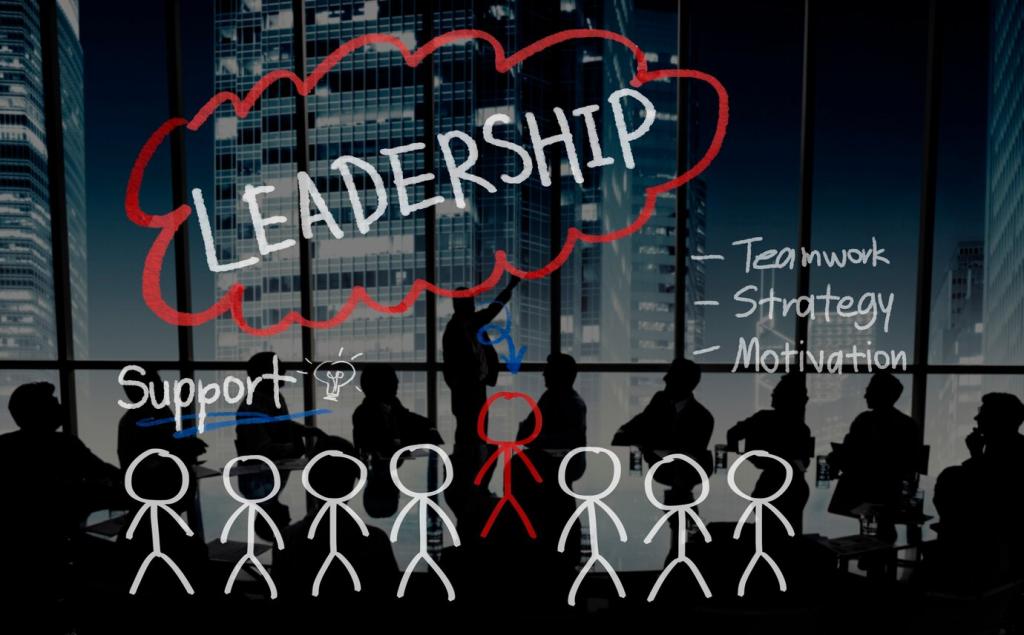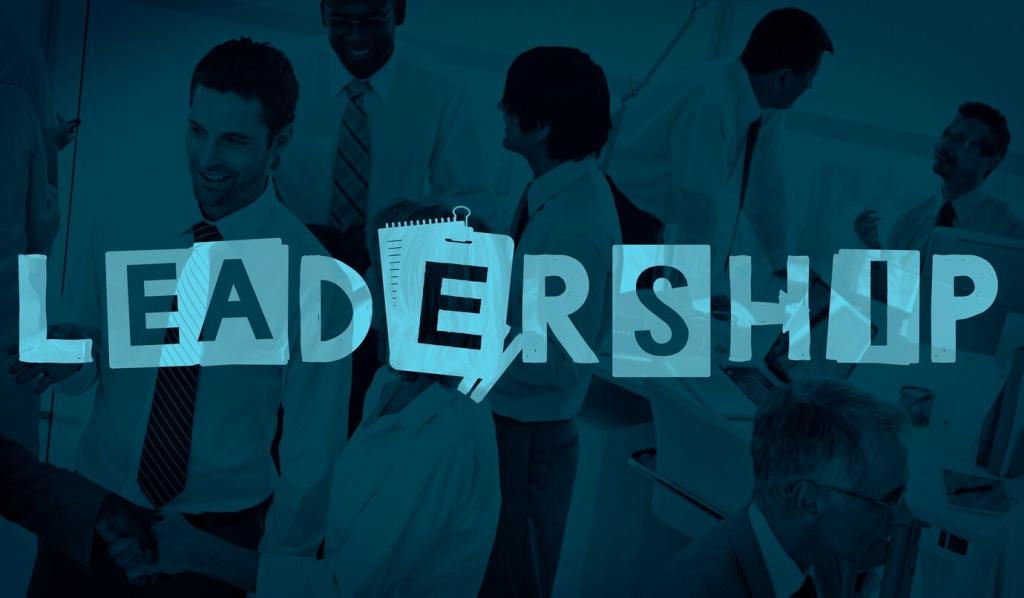
Lead Well, Unite Better
Chosen theme: How Effective Leadership Boosts Team-Building Outcomes. Discover how purposeful leadership habits turn groups into bonded teams, unlock trust and momentum, and inspire people to show up at their best. Subscribe for weekly leadership practices you can put to work tomorrow.
Trust First: The Foundation Effective Leaders Lay
Google’s Project Aristotle highlighted psychological safety as the top driver of high-performing teams. Leaders model it when they invite dissent, thank candor, and turn mistakes into lessons. What’s one phrase you use to welcome honest feedback?
When leaders connect daily tasks to a clear mission, team-building stops feeling like an offsite activity and becomes everyday practice. Share your team’s one-sentence purpose statement and how it shapes decisions in tough moments.
A weekly, reliable rhythm—standups, priorities, and check-ins—signals that people can depend on you. Consistency reduces anxiety and frees teams to focus on outcomes. Tell us which ritual keeps your team grounded across changing priorities.
Before a project starts, effective leaders explain the why, the stakes, and the definition of done. This shared understanding minimizes rework and maximizes alignment. Try opening your next meeting with intent, outcome, and measures.
Communication That Connects, Not Confuses
Vulnerability as a Strength
Share a miss, own the fix, and invite learning. When the leader goes first, fear recedes and creativity rises. What lesson did you openly share that helped your team try something bolder?
Recognition that Multiplies
Specific, timely praise tells teams what to repeat. Tie recognition to values, not personalities. Try a weekly gratitude round highlighting one behavior that moved the mission forward. Post your favorite recognition ritual below.
Cross-Team Bridges
Invite partners from other functions to demo, co-plan, or review. Leaders who bridge silos accelerate trust and understanding. Share one cross-team ritual that reduced handoff friction and improved shared outcomes.
Inclusive Decisions Create Shared Ownership
Use structured pre-reads and prompts to surface risks and ideas before the meeting. Early input increases buy-in and improves quality. How do you gather perspectives without letting decisions drift endlessly?
Inclusive Decisions Create Shared Ownership
Publish decision logs with context, owner, rationale, and impact. Visibility prevents relitigation and builds trust over time. Drop a note if you want our simple, copy-and-use decision log template.
Inclusive Decisions Create Shared Ownership
Run blameless retros with clear experiments and owners. Leaders who normalize iterative improvement transform setbacks into team-bonding moments. Which retrospective question consistently sparks the most honest, useful conversation for your group?
Coaching Turns Team-Building into Capability-Building
Effective one-on-ones focus on growth, decisions, and roadblocks—not status updates. Try a three-part agenda: priorities, obstacles, and development. Subscribe for our one-on-one guide and question bank to deepen every conversation.

Trust and Safety Indicators
Track survey items on psychological safety, clarity, and recognition. Gallup research underscores how managers influence engagement. Which single question would best reveal whether your team feels safe to speak candidly?
Collaboration Network Signals
Map who talks to whom, how often, and on what topics. Healthy networks show diverse, bidirectional ties. Ask your team which connections feel missing, then co-create experiments to strengthen those bridges.
Retention, Velocity, and Quality Together
Measure outcomes in a balanced way: people staying, work moving, value delivered. Effective leaders discuss trade-offs openly. Comment with one metric you stopped using because it encouraged the wrong behavior.

Create informal spaces—open office hours, show-and-tells, and story threads—where human moments happen. Leaders who show up consistently turn screens into circles. Share your best remote ritual that made people feel included.

Rotate meeting times, record sessions, and document decisions. Fairness communicates respect and fuels trust. What practice helped your distributed teammates feel equally seen and able to contribute meaningfully?

When gathering in person, focus on trust, clarity, and cross-team understanding—not endless presentations. Design experiences that travel home as behaviors. Subscribe for our offsite agenda that blends connection and execution.
